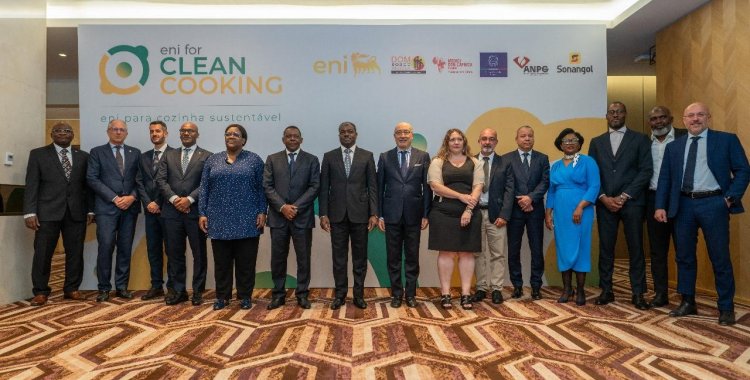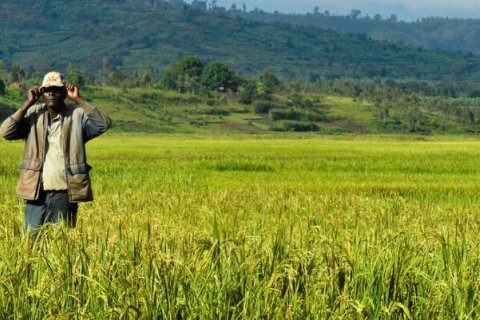According to a statement from the Italian oil company, the project has already involved 50 thousand people, and aims to reach more than two million people by 2030, with prospects of “reducing emissions associated with culinary activities, preventing risks to the health of stove users and health promotion for families and vulnerable groups”.
Eni says that almost 90 percent of the improved stoves distributed in Angola will be produced locally, thus contributing to the creation of jobs and the development of technical skills.
The improved stoves are powered by woody biomass (wood or charcoal), but are more efficient compared to traditional cooking techniques (rudimentary stove or three-stone fire) currently used by communities in rural areas.
“The Program we launched today is the first carbon offsetting initiative that, as Eni Natural Energies, we have begun to implement in Angola, and fits within Eni's global decarbonization strategy”, according to João Maria da Silva Júnior, General Director of Eni Natural Energies - Branch in Angola, mentioned in the statement.
The project is part of a broader program that Eni currently has underway in Angola, Congo, Côte d'Ivoire, Mozambique and Rwanda, and intends to expand to other countries in Sub-Saharan Africa, reaching 10 million people by 2027.
The multinational will also provide scholarships in environmental and renewable energy, build two Professional Training Centers in Luanda and Benguela, and promote awareness campaigns on nutrition and basic hygiene.
The activities are carried out in cooperation with the Salesians of Don Bosco and Doctors with Africa.







